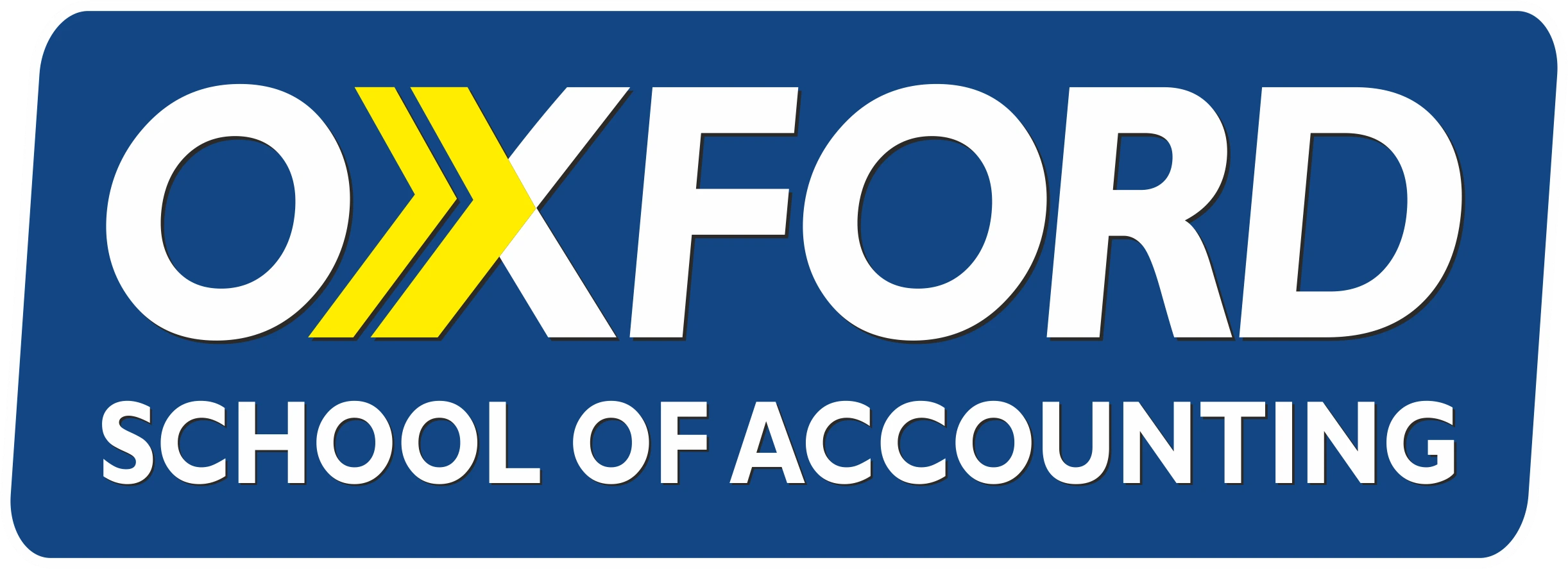Welcome to our new blog post! Today, we are going to learn about making powerful presentations using Microsoft PowerPoint. PowerPoint is a tool that lets you share your ideas, stories, and information through slides. It's used by students, teachers, and professionals all over the world. Let's dive into how you can master the art of presentations with PowerPoint, using simple examples and case studies.
#### Start with a Clear Message
Every great presentation starts with a clear message. What do you want your audience to remember? Your slides should support this message. Think of your presentation as a story – it should have a beginning, middle, and end. For example, if you are a student presenting a project on global warming, your message could be the impact of global warming and how we can reduce it.
#### Design Matters
A well-designed slide can make your message stand out. Use PowerPoint’s design templates to make your slides look professional and appealing. Remember, less is more. Avoid filling your slides with too much text or images. Use bullet points to highlight key points and high-quality images to support your message.
**Example:**
- If you're talking about global warming, one slide could show a picture of a melting glacier with a few bullet points on its causes.
#### Engage Your Audience
Engaging your audience is crucial. Ask questions, use polls, or include interactive elements in your presentation. This makes your audience feel involved and keeps their attention.
**Case Study:**
Priya, a teacher in Delhi, used interactive polls in her PowerPoint presentation on the solar system. She asked students to guess the largest planet, which made the class more interactive and fun. The students were more engaged and remembered the facts better.
#### Use Visuals and Charts
Visuals and charts help explain complex information easily. PowerPoint has features to add charts, graphs, and infographics. These can help your audience understand data better.
**Example:**
For a presentation on sales performance, instead of listing numbers, use a bar chart to show monthly sales data. This visual representation makes it easier to see which month had the highest sales.
#### Practice Makes Perfect
Before presenting, practice your presentation multiple times. This helps you become familiar with your content and improves your delivery. You can practice in front of a mirror, friends, or family. Pay attention to your body language and make sure you're speaking clearly and at a moderate pace.
#### Use Notes, But Sparingly
PowerPoint allows you to add notes to your slides, which can be a great help. However, use them sparingly. Your slides should support your talk, not be a script that you read verbatim. Notes can help remind you of key points or statistics you want to mention.
#### Be Prepared for Questions
After your presentation, be ready for questions from your audience. This shows that they were interested and paying attention. It's okay if you don't know an answer immediately; you can always say you'll find out and get back to them.
#### Keep Learning and Experimenting
PowerPoint is always adding new features, so keep exploring and learning. Try different designs, formats, and multimedia elements to see what works best for your presentations.
**Case Study:**
Ankur, a marketing professional, decided to experiment with 3D models in his presentation on product design. This new approach captivated his audience and made the presentation more memorable, setting it apart from traditional slide shows.
#### Conclusion
Mastering the art of presentations with PowerPoint is about more than just making slides; it's about effectively communicating your message, engaging your audience, and making your ideas memorable. By following these tips and continuously practicing and experimenting, you'll become more confident and skilled in delivering powerful presentations.
Remember, every presentation is an opportunity to tell a story and make an impact. With PowerPoint as your tool, you're well-equipped to capture your audience's attention and leave a lasting impression. Happy presenting!
This blog post is designed to be accessible for students with a Hindi background, explaining the process of creating effective PowerPoint presentations in simple English. By incorporating practical examples and case studies, the post aims to equip readers with the skills and confidence needed to master the art of presentations, emphasizing the importance of clear messaging, design, audience engagement, and continuous learning.





